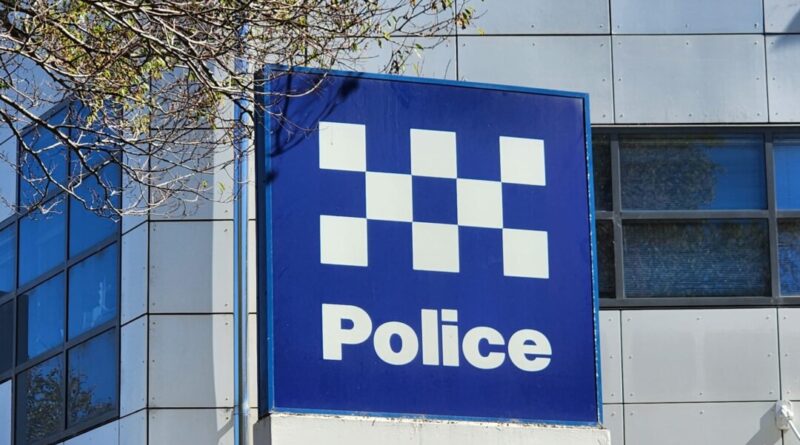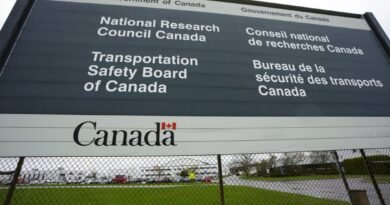Perth Knife Attacker Underwent ‘De-Radicalisation Program’ Before Incident
A 16-year-old male shot by police after stabbing a stranger in Perth, Western Australia (WA) spent years in a de-radicalisation program to prevent violent extremism.
The boy committed the attack in a Bunnings car park in Willetton, a southern suburb of Perth, and allegedly stabbed a stranger in the back with a 30-centimetre kitchen knife.
He was tasered twice by police, but when he advanced on an officer brandishing the weapon, he was fatally shot.
At around 10 p.m. on Saturday (May 4), he telephoned the police hotline, 000, and said he was planning to commit “acts of violence.”
The boy attended Rossmoyne Senior High School and had been in the program since 2022.
WA Police Commissioner Col Blanch said the boy was Caucasian, had converted to Islam, and had “mental health issues and radicalisation issues.”
He was part of a program designed to combat violent extremist tendencies, which was monitoring seven youths and almost a dozen adults.
WA Premier Roger Cook revealed members of the Muslim community had contacted police and raised concerns over his behavior prior to the attack. He said there were indications the 16-year-old “had been radicalized online.”
The victim, a man in his 30s, was transported to Royal Perth Hospital, where he remains in a serious but stable condition.
De-Radicalisation Process is ‘Challenging’: Police Minister
WA Police Minister Paul Papalia defended the program and said working with radicalized people was challenging.
“It is a tough gig to try and change people’s beliefs once they’ve become obsessed and radicalized in this way,” he said. “These are people who haven’t necessarily committed a crime and you can’t lock people up for holding a belief … That’s part of democracy.
“The de-radicalization effort was being thrown at him—every effort was being made—unfortunately, in this case, it didn’t prevent him from doing what he did.”
The Countering Violent Extremism (CVE) program provides support from psychologists, the education department and, where appropriate, faith leaders.
WA’s CVE is based on the work of Anne Aly, who is now the federal youth minister, as well as programs used to deradicalize neo-Nazis overseas. It was not limited to those convicted of crimes.

Ms. Aly said in a statement that de-radicalization programs “are an important community safety measure. They are often successful but no program can guarantee success. It’s the sensitive nature of these programs that we often only hear about them when they don’t succeed.
“I commend and thank the WA Police for the positive way they have worked with the Muslim community on this matter.”
Detectives working on the case said the 16-year-old was believed to be acting alone.
Mr. Blanch said the incident “certainly has all the hallmarks” of a terrorism-related incident, but he was not prepared to declare it as such “at this stage.”
“It would be too early for me to act now because I don’t have the concerns of a broader network that might be involved,” he explained.
The video showed another 16-year-old, dressed in black, walk up to the bishop, and striking him several times to the head and body with a knife. He was restrained by the audience who rushed to the bishop’s aid.
Local Mosque Condemns Attack
Nasir Mosque Imam Syed Wadood Janud condemned the youth’s actions “in the harshest terms possible,” saying it went against the teachings of Islam.
“We would also like to mention that Islam has nothing to do with any acts of violence that are committed in its name. Islam is a religion that literally means peace,” he said at a press conference.
“This was so close to home—any one of us could have been at Bunnings,” he said.
Mr. Janud said Muslims were concerned about potential Islamophobia following the incident, as well as the rise of radicalization across the country.
“Radicalization of all forms, whether that is anti-Semitic, whether that is Islamophobic, whether that is right-wing Neo Nazis, we see this on the rise,” he said. “As Australians, we all need to come together and tackle these issues that may be prevalent in the community.”





